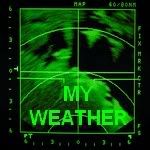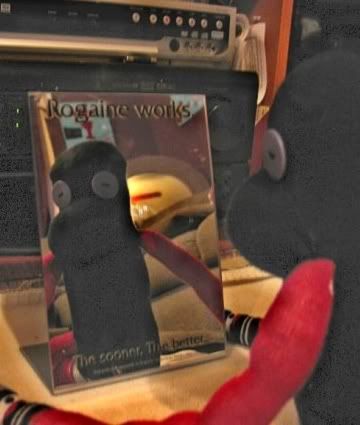: "Worshipping JFK
40 years later.
By: Bill Buckley
I was asked by a television network to comment on the career of President Kennedy. I agreed to do so and do not know how many other views were solicited, or when the program was aired. I have to assume that it went out because the fortieth anniversary of the assassination seemed to wipe out all unrelated television fare with the exception of Michael Jackson, who got if not equal time, very nearly that. Curiosity just goes on and on about Mr. Kennedy, and I subscribe to it, having recorded (but not yet seen) the two-hour show presided over by Peter Jennings at which we shall have one more chapter of Grassy Knoll. The advertisements promise a computer recreation of the assassination. I think it's about as clearly established that Lee Harvey Oswald killed Kennedy as that John Wilkes Booth killed Lincoln, but seeing it all again, you can use up a little agnostic curiosity on that morbid episode, draining it for a year or two. It is always exciting to read about the assassination of Julius Caesar, particularly when the tale is told by the greatest tale-teller in dramatic literature, never mind that we know that Brutus did it. It goes that way, also, for JFK.
But the question I was asked didn't have to do with who killed JFK, but with what was his legacy. It was, said I, entirely personal. Nothing that Mr. Kennedy did in the way of public policy was either singular or enduring in effect. In foreign policy, he lost out on Berlin, presiding over the death of the Four Power Agreement over that city. He did not consummate his war against Castro at any level. At the military level, he failed in the Bay of Pigs. At the dirty-dog level, he failed in four or five attempts to assassinate Castro; failed with toxic cigars, impregnated wetsuits, and poison pills. At the diplomatic level, we focus more appropriately on the arrival of Soviet nuclear missiles in Cuba than on their withdrawal. It is acknowledged by everyone that we very nearly had a nuclear exchange in October, 1962, and historical adjudications correctly deal rather with the fact of the missiles being deployed there, than of the fact that they were finally shooed away.
It is pointed out, even by the school of political thought least anxious to associate itself with low taxes, that JFK called for tax reduction — which he did, though it was left to Lyndon Johnson to consummate the proposal. Civil Rights is adduced, and it is true that Mr. Kennedy came eloquently to the cause — after hearing Martin Luther King give his great speech, and weighing the implications of it. He arrived finally (sooner than I did) to the cause of equality under the law, but was a recruit to it, spurred by others. It was only in the summer of his last year that he turned to the subject of a Civil Rights Bill. In Vietnam, he engaged the Communist aggressors intending two things, the first, to abide by George Kennan's long-standing doctrine of Containment, the second, to challenge the evaluation of him by Khrushchev as a "pygmy." That was the character reading by Khrushchev, who proceeded, after their personal encounter in Vienna, to build the Berlin Wall, and to send missiles to Cuba. Maybe, if Kennedy had lived, he'd have reversed the course he took in Vietnam, adopted by his successor, Lyndon Johnson, who continued to press the doctrine of containment. But it is asking too much, at eulogy time, to compliment a dead man on the grounds that you feel certain he'd have proceeded, if he had lived, to undo what he did when alive. I can think of any number of reforms I would myself undertake, after I am dead.
What I said to the interviewer was that the legacy of John F. Kennedy is his sheer . . . beauty. I have visited yurts in Mongolia, adobe huts in Mexico, and rural redoubts in Turkey and seen framed pictures of John F. Kennedy. He was all-American, splendid to look at, his expression of confident joy in life and work transfiguring. Add to this that he was slaughtered, almost always a mythogenic act, and what we came to know about the awful physical afflictions he suffered, making his appearances as a whole, vigorous man, the equivalent of seeing FDR rise from his wheelchair and play touch football.
That is why JFK is worshipped, which word exactly describes the attitude we have toward him.
"
Does thinking it
Make it real?
Neil's wish list
My places
Blog Archive
-
▼
2003
(188)
-
▼
November
(14)
- The Gnome Liberation Front
- Dear gnome supporters, i sent this email just toni...
- Garden Gnome Liberation Front strikes Paris show N...
- gnomes
- Send all your Gold coins to Me!!! /8^)=]=<. Mel
- Stop Oppressive Gardening
- : "Worshipping JFK 40 years later. By: Bill Buckle...
- DRUDGE REPORT FLASH 2003®
- NFL.com - NFL Standings
- A Mother's Salute My son laid down his life for fr...
- No title
- BMLwalker
- The David Kay report by David Kay, c/o nonanarchis...
- No title
-
▼
November
(14)





